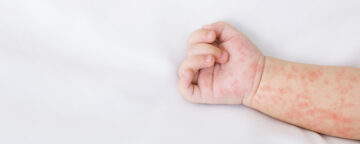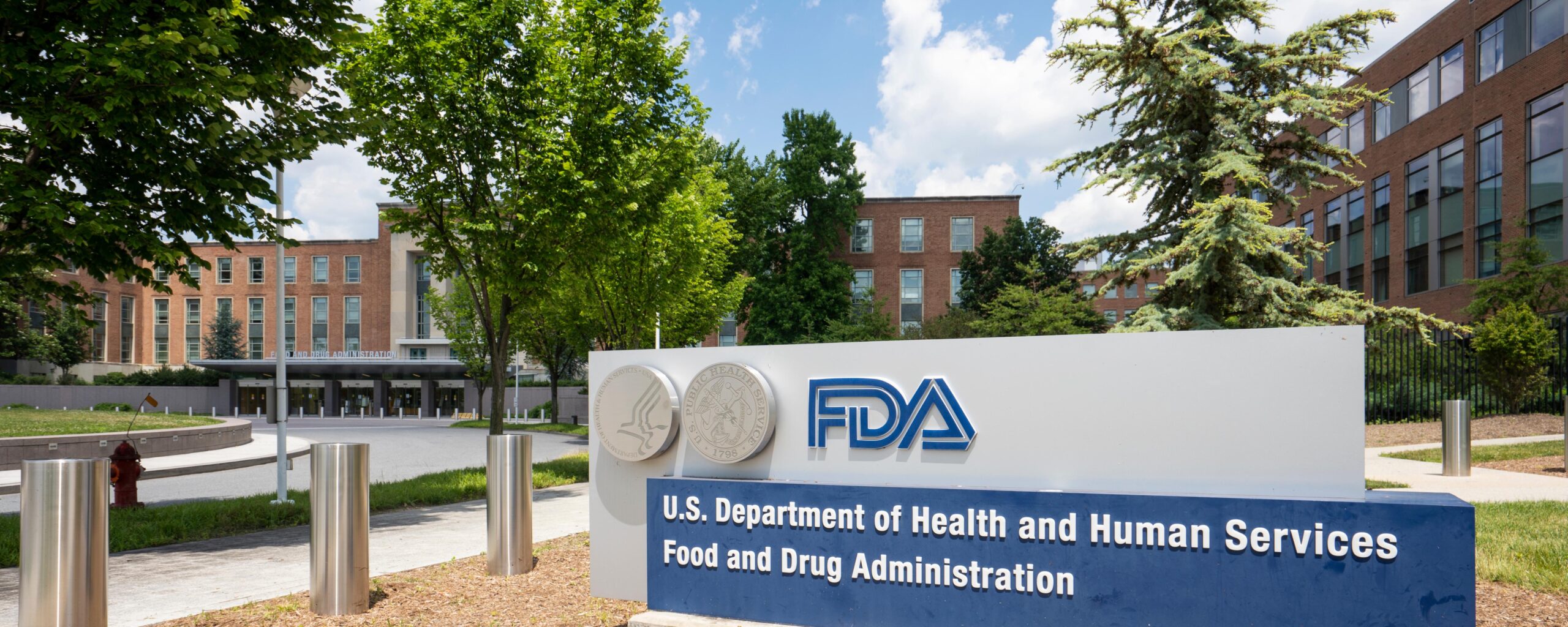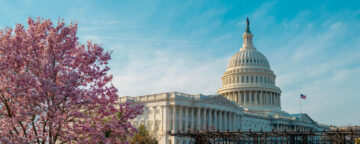An APPC survey finds public support of the MMR vaccine has declined since November 2024, and the public is confused about whether HHS Secretary RFK Jr. recommends the MMR vaccine.


An APPC survey finds public support of the MMR vaccine has declined since November 2024, and the public is confused about whether HHS Secretary RFK Jr. recommends the MMR vaccine.
APPC survey reveals a reluctance among the public to recommend that someone who is pregnant receive certain routine vaccinations.

Despite the growing number of cases of West Nile virus, few in the U.S. worry about contracting it, an Annenberg survey finds. Nearly half of those surveyed are unsure what the symptoms are of the disease.

An APPC survey finds that public confidence in U.S. health and science agencies has dropped since the inauguration of President Donald Trump.

A 2025 Annenberg survey found that 70% of U.S. adults support an MMR vaccine requirement for healthy children to attend public school.

New APPC survey reveals an increase in Americans' ability to answer basic civics questions, like naming the three branches of government.

New APPC research reveals that the increased occurrence of guns in U.S. movies paralleled the increase in gun-related deaths among young people.

According to a new Annenberg Public Policy Center survey, most people are uncertain about which vaccinations are safe and recommended for pregnant people.

A new study by APPC scholars suggests that artificial intelligence can facilitate theory- and evidence-based public health message selection.

An APPC health survey finds that 6 in 10 Americans think that AI-generated health information is somewhat or very reliable.